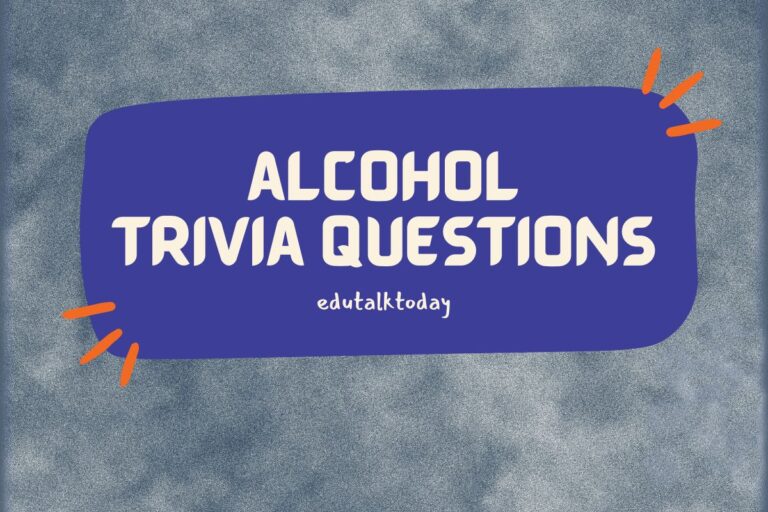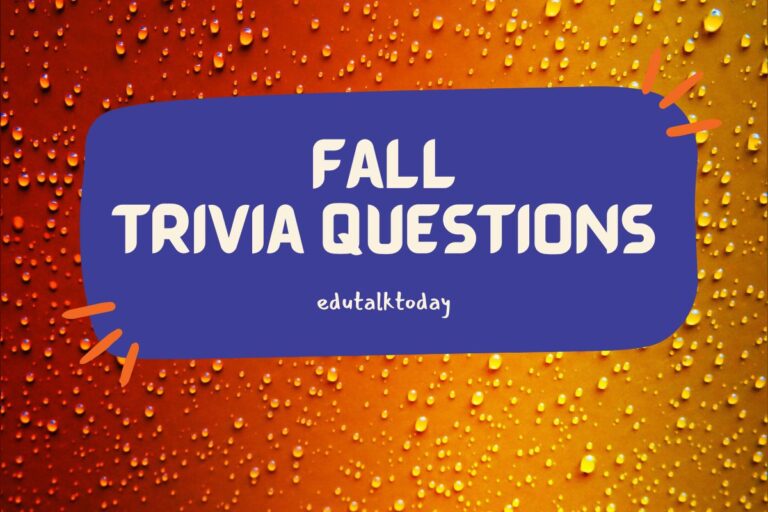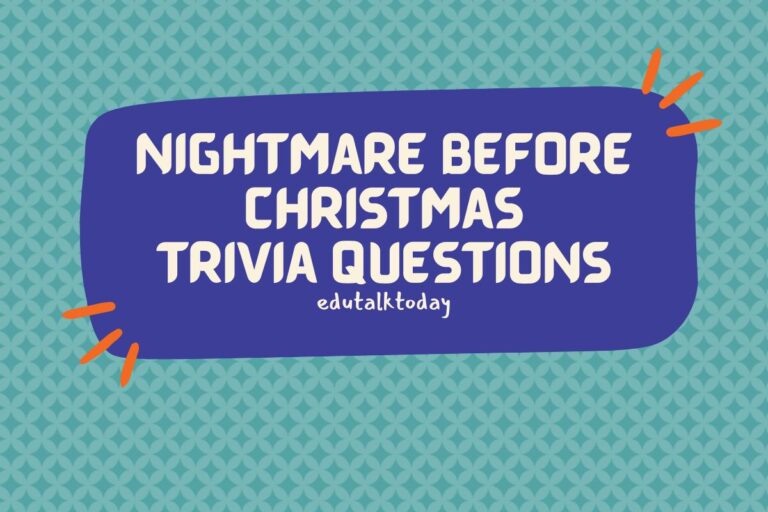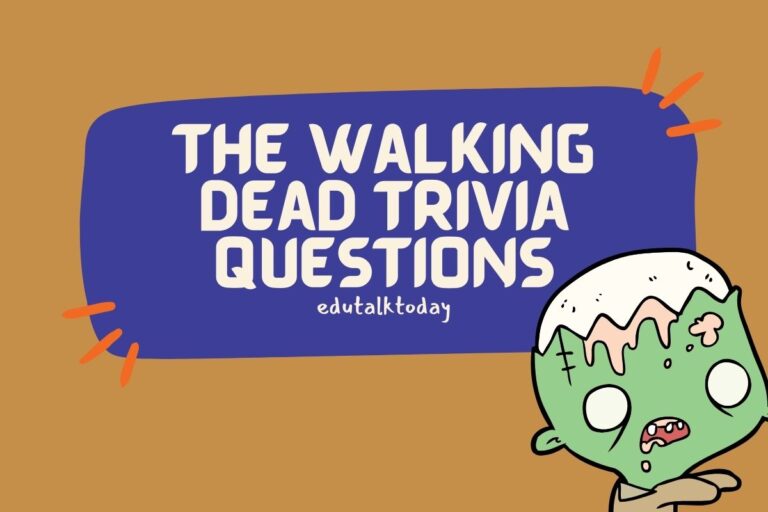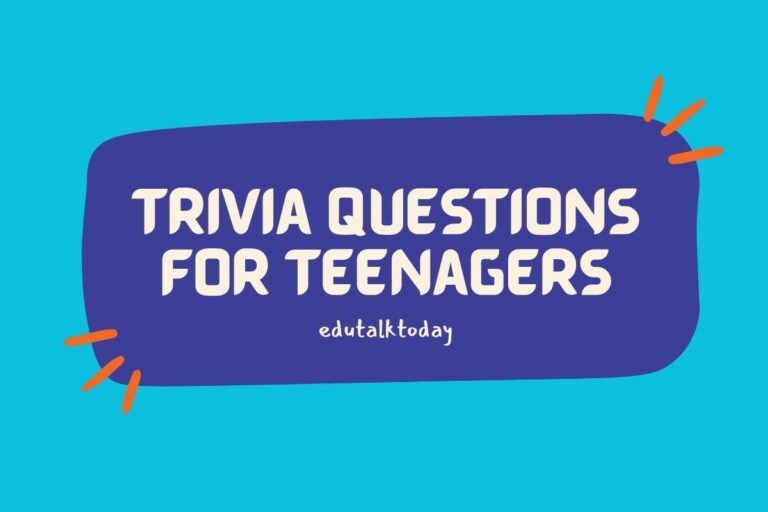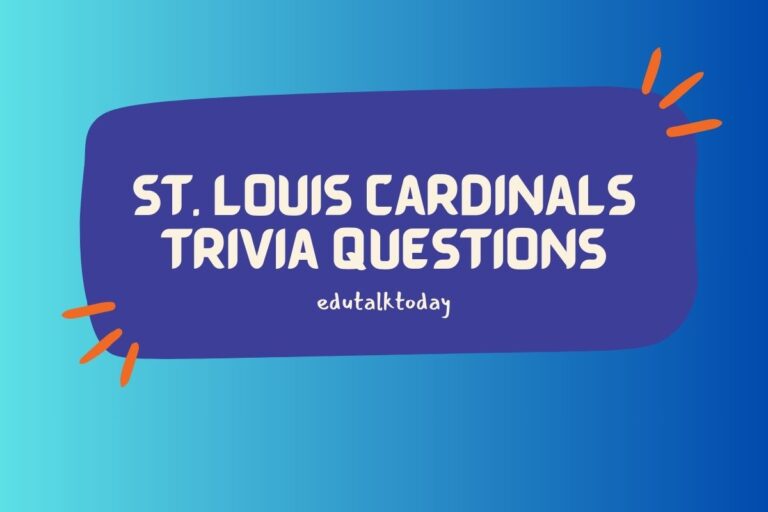24 Martin Luther King Jr. Trivia Questions

As we honor the legacy of one of the most influential figures in American history, we invite you to test your knowledge and learn some fascinating trivia questions on Dr. Martin Luther King Jr.
Get ready to delve into the life, accomplishments, and enduring impact of this iconic civil rights leader.
Let’s go.
Martin Luther King Jr. Trivia Questions
- What was the name of the college Martin Luther King Jr. attended at the age of 15, and what significant educational achievement did he accomplish by the age of 19?
- Name two major philosophers or theologians who significantly influenced Martin Luther King Jr.’s approach to nonviolent resistance.
- During the March on Washington for Jobs and Freedom in 1963, Martin Luther King Jr. delivered his iconic “I Have a Dream” speech. Can you name the specific location where he gave this speech?
- Martin Luther King Jr. was awarded the Nobel Peace Prize in 1964. How old was he at the time, making him the youngest man to have received the prize up to that point?
- Can you list the title of the book Martin Luther King Jr. wrote in 1958, which detailed the Montgomery Bus Boycott and his philosophy of nonviolent resistance?
- What was the name of the letter Martin Luther King Jr. wrote while he was incarcerated in Birmingham Jail, and in what year was it written?
- King’s efforts extended beyond civil rights into opposing the Vietnam War. In which year did he first publicly speak out against the Vietnam War, and at what event?
- Martin Luther King Jr. was planning a large occupation of Washington, D.C., called the “Poor People’s Campaign” at the time of his assassination. What was the main goal of this campaign?
- Before his assassination, Martin Luther King Jr. visited a specific country to study nonviolent protest methods. Can you name this country and the leader he was particularly interested in learning from?
- King received a significant education in theology. What was the name of the university where he received his Doctorate in Systematic Theology, and in what year did he graduate?
- What was the specific act of legislation that Martin Luther King Jr. is credited with having a significant influence on, leading to its passage in 1964?
- In what year and city did Martin Luther King Jr. help to organize the first large-scale nonviolent protest of African-Americans in the U.S., which became known as the Montgomery Bus Boycott?
- King’s philosophy was heavily influenced by his Christian faith. Can you name the biblical figure he often cited as embodying the moral imperative for civil disobedience and nonviolent protest?
- Martin Luther King Jr. was awarded a Grammy Award posthumously. For what category did he receive this award, and in what year?
- How many times was Martin Luther King Jr. arrested during his lifetime of activism?
- What was the title of Martin Luther King Jr.’s last speech, famously delivered the day before his assassination, where he foreshadowed his own untimely death?
- Can you name the university where Martin Luther King Jr. completed his undergraduate studies in sociology before advancing to theological studies?
- Martin Luther King Jr. was influenced by a trip to a certain country in 1957 where he attended the independence ceremonies. Which country was it?
- King’s efforts led to the signing of another critical piece of civil rights legislation in 1965. What is the name of this legislation?
- In what year did Martin Luther King Jr. and other leaders found the Southern Christian Leadership Conference (SCLC), and what was its primary purpose?
- Martin Luther King Jr. was stabbed and nearly assassinated in 1958. In which city did this occur, and what type of event was he attending at the time?
- Can you name the high school Martin Luther King Jr. attended before going to Morehouse College?
- King made a famous appearance on a late-night talk show in 1968, shortly before his assassination. Which show was it?
- During his career, Martin Luther King Jr. wrote five books. Can you name one book other than “Stride Toward Freedom: The Montgomery Story”?
Answers
- Martin Luther King Jr. attended Morehouse College at the age of 15 and graduated with a degree in sociology at the age of 19.
- The major influencers of Martin Luther King Jr.’s nonviolent resistance approach were Mahatma Gandhi and Henry David Thoreau.
- He gave the “I Have a Dream” speech at the Lincoln Memorial.
- He was 35 years old when he received the Nobel Peace Prize.
- The title of the book is “Stride Toward Freedom: The Montgomery Story.”
- The letter is known as “Letter from Birmingham Jail,” written in 1963.
- King first publicly opposed the Vietnam War in 1967 at a speech given at Riverside Church in New York City.
- The main goal of the “Poor People’s Campaign” was to address economic injustice and poverty within the United States.
- King visited India in 1959 to study Mahatma Gandhi’s principles of nonviolent resistance.
- He received his Doctorate in Systematic Theology from Boston University in 1955.
- The Civil Rights Act of 1964.
- The Montgomery Bus Boycott was organized in 1955 in Montgomery, Alabama.
- Martin Luther King Jr. often cited the prophet Amos.
- He received a Grammy Award in 1971 for Best Spoken Word Album for “Why I Oppose the War in Vietnam.”
- Martin Luther King Jr. was arrested 29 times.
- The title of his last speech is “I’ve Been to the Mountaintop.”
- Morehouse College.
- Ghana, to attend its independence ceremonies in 1957.
- The Voting Rights Act of 1965.
- The SCLC was founded in 1957, aiming to harness the moral authority and organizing power of black churches to conduct nonviolent protests in the service of civil rights reform.
- The stabbing occurred in New York City during a book signing.
- Booker T. Washington High School.
- He appeared on “The Tonight Show Starring Johnny Carson.”
- “Where Do We Go from Here: Chaos or Community?”
